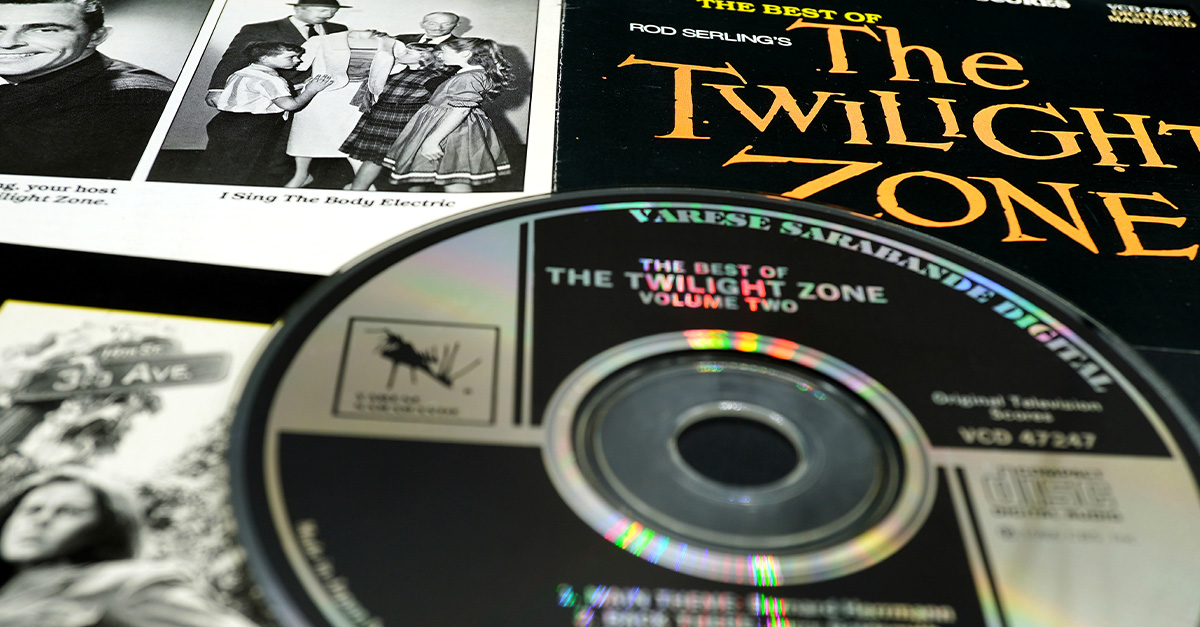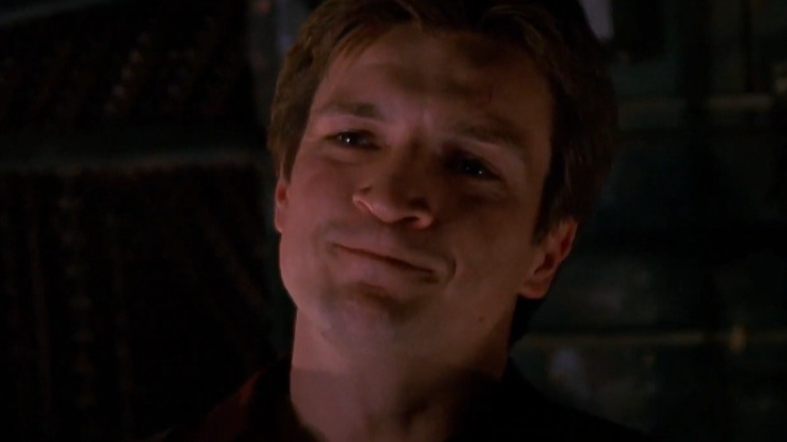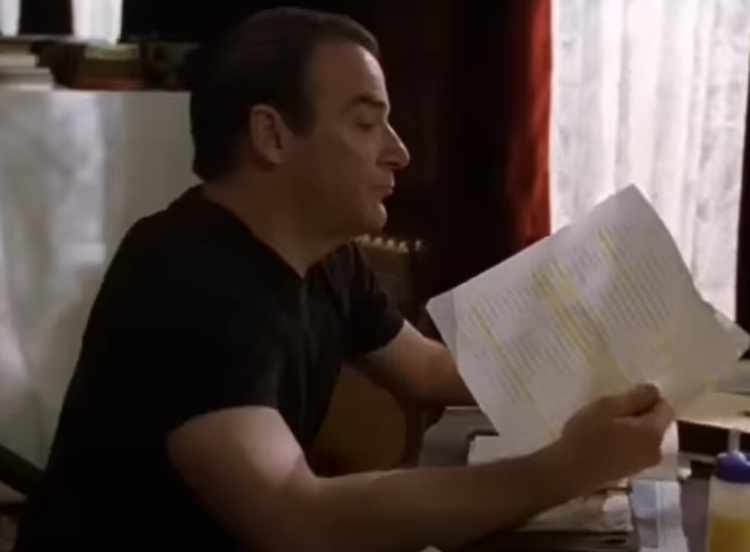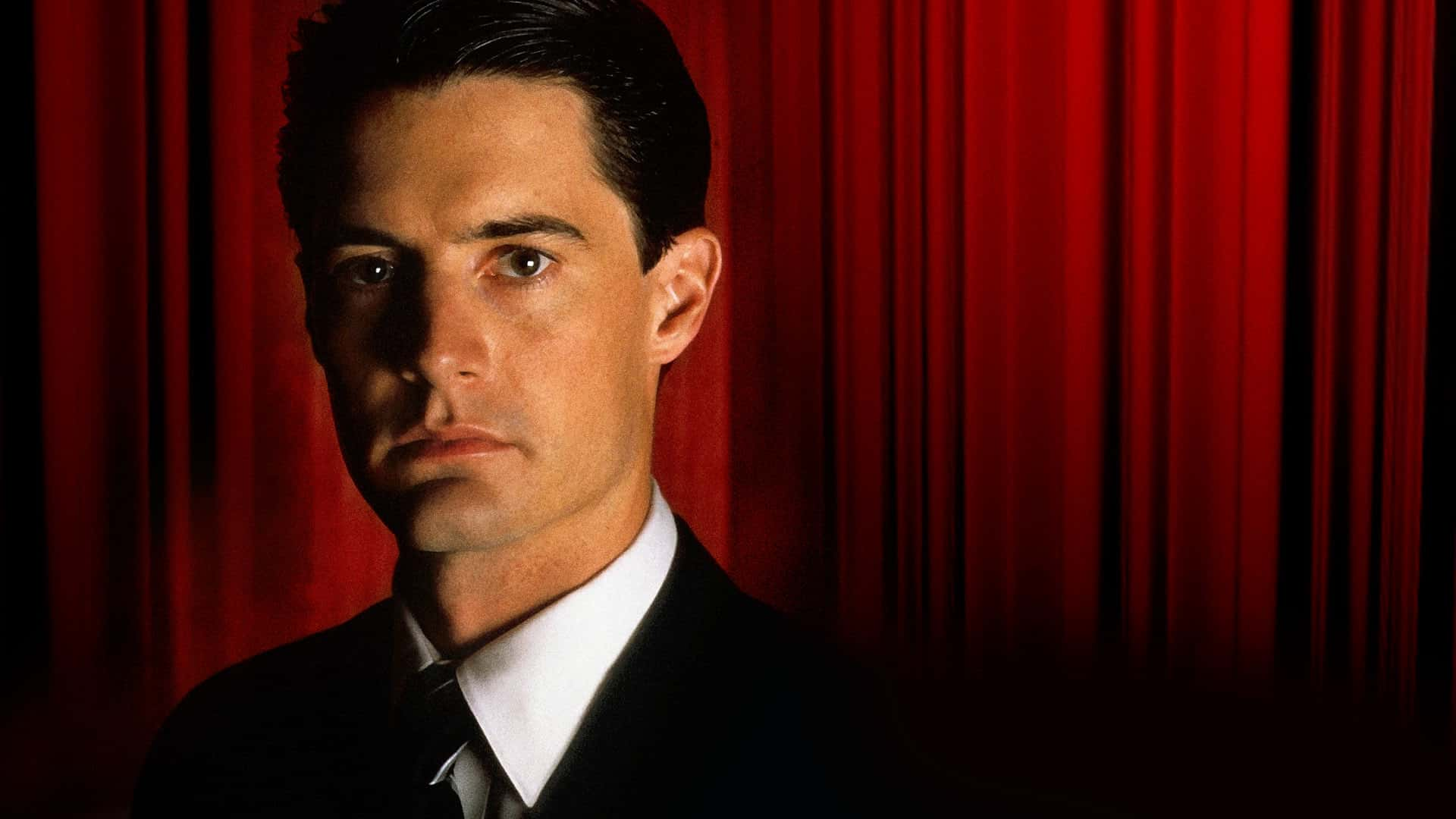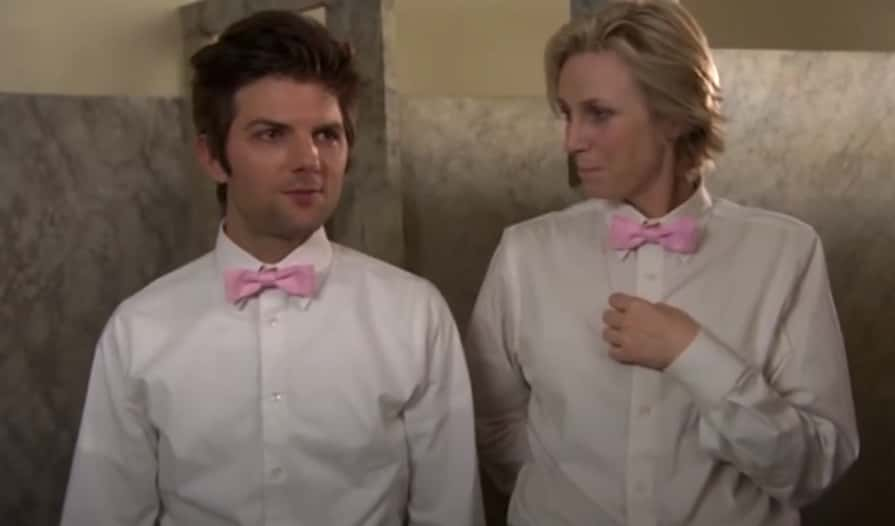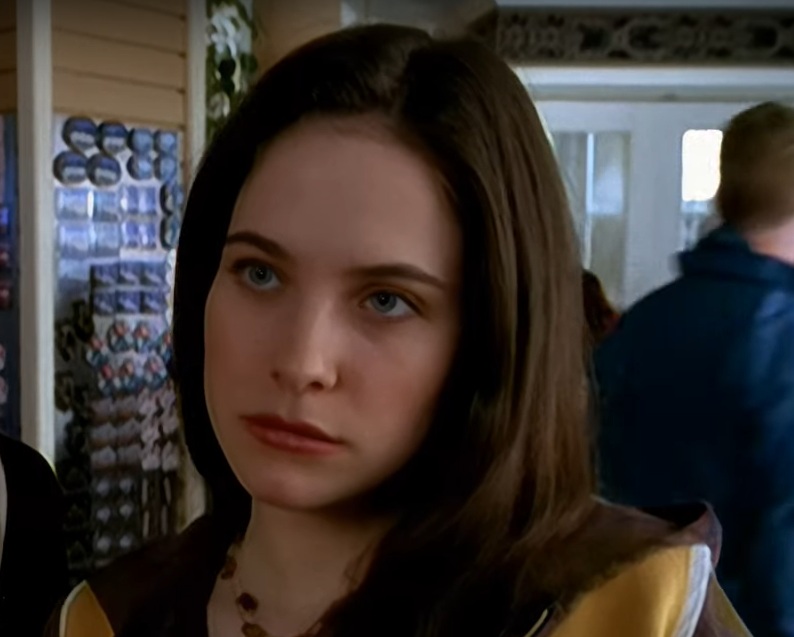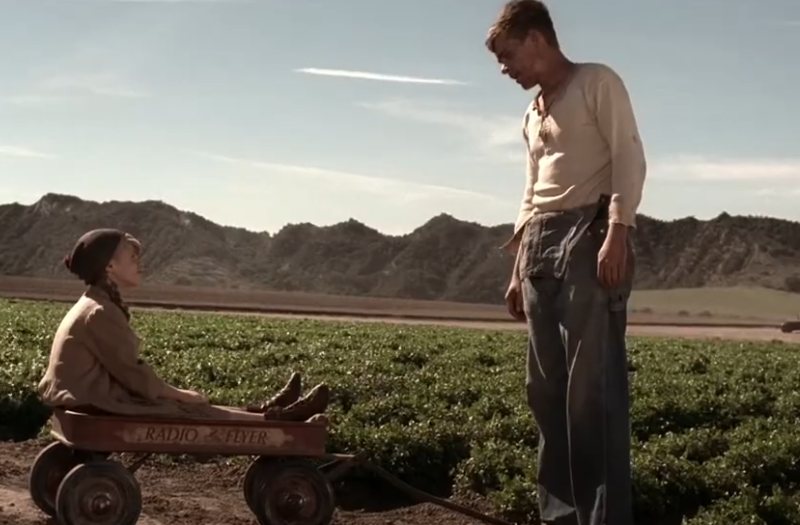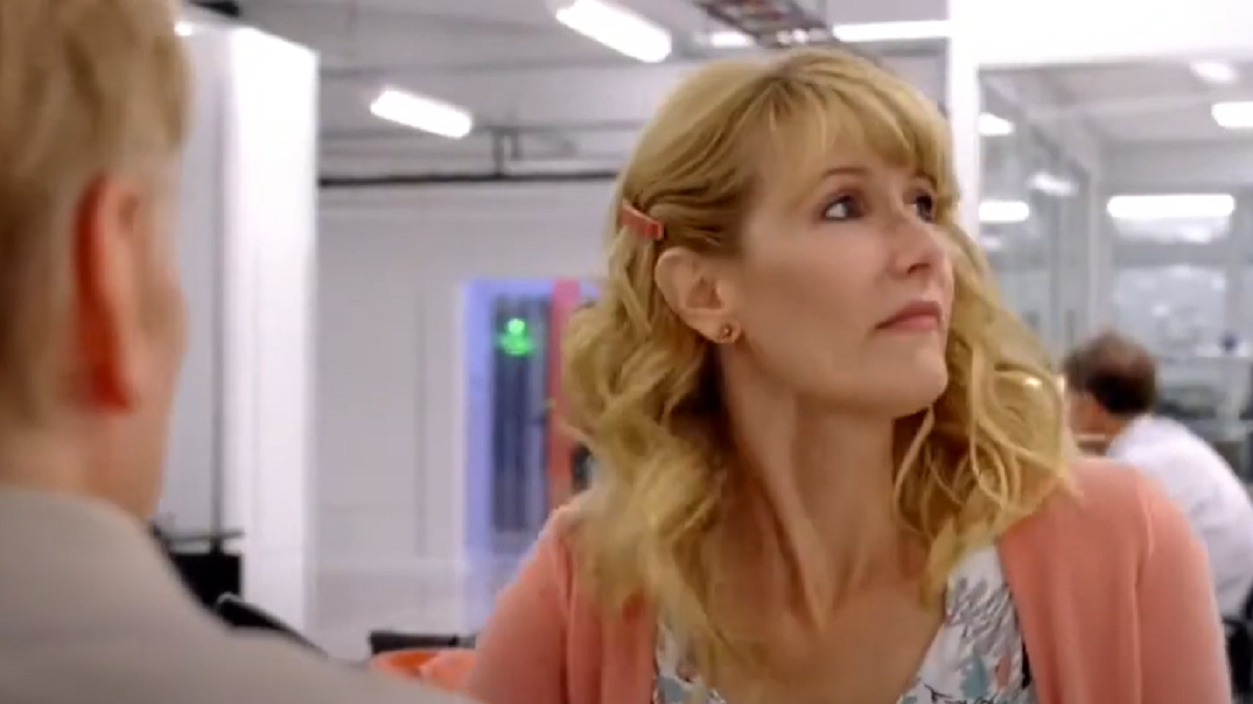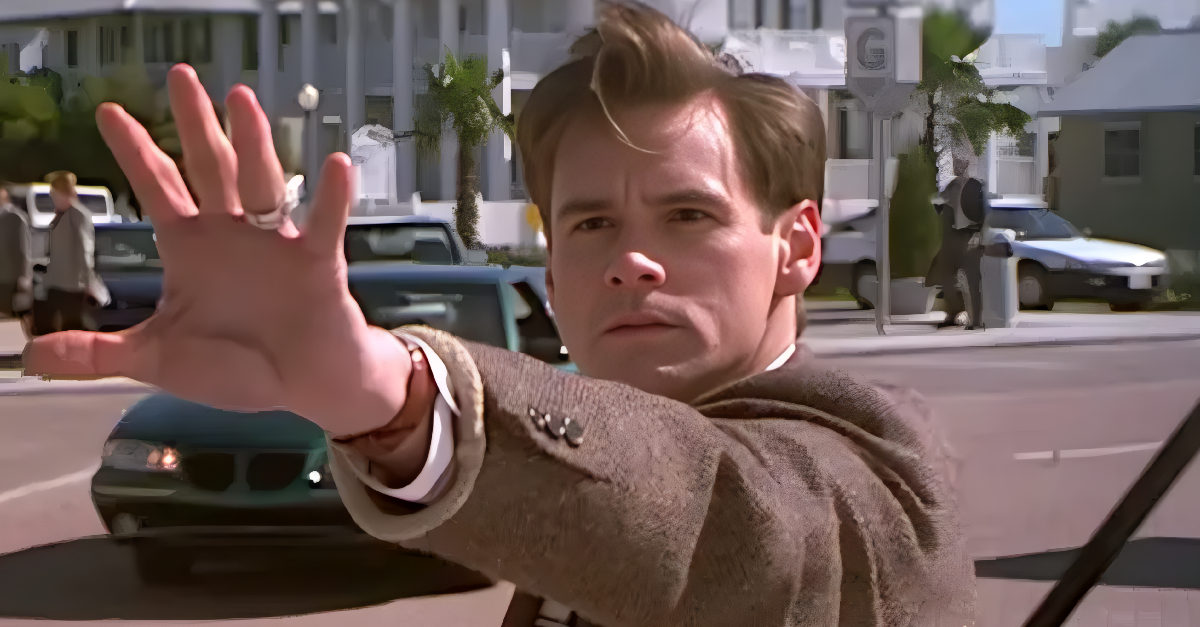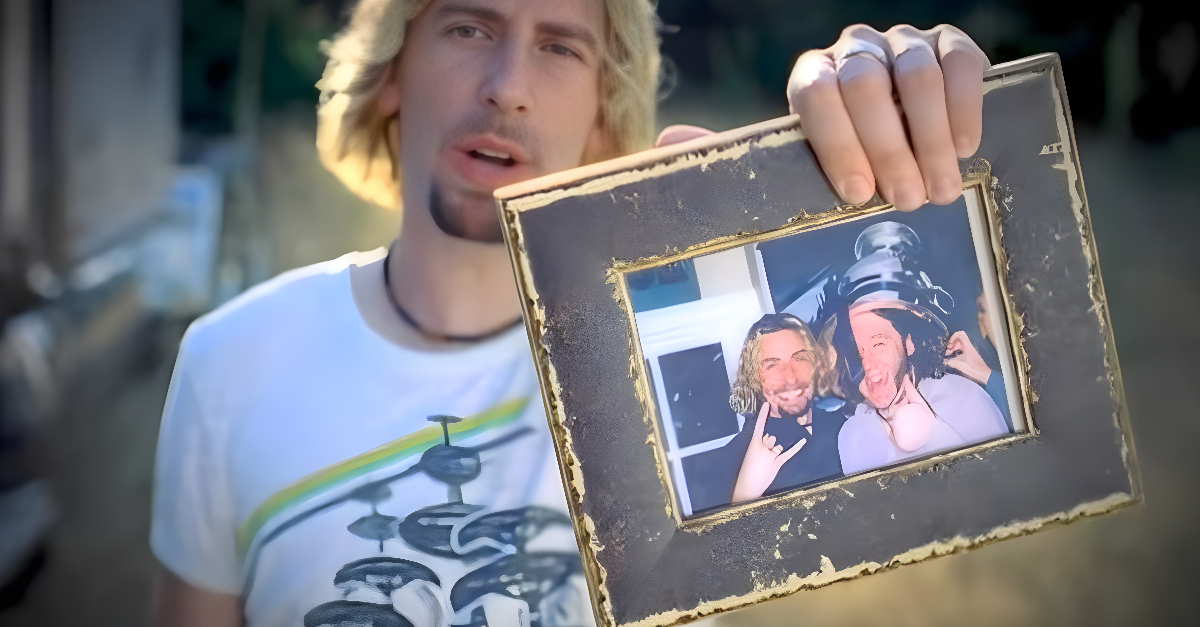These Shows Paid The Price For Being Too Forward-Thinking
Television has always been a gamble—sometimes the wildest, most innovative ideas strike gold, and other times they fizzle out long before their brilliance can shine. For every long-running hit, there are shows that dared to be different, challenged expectations, and pushed storytelling into bold new territory—only to get cut down too soon. These are the trailblazers that were simply too weird, too smart, or too ahead of their time for the networks and audiences of the moment.
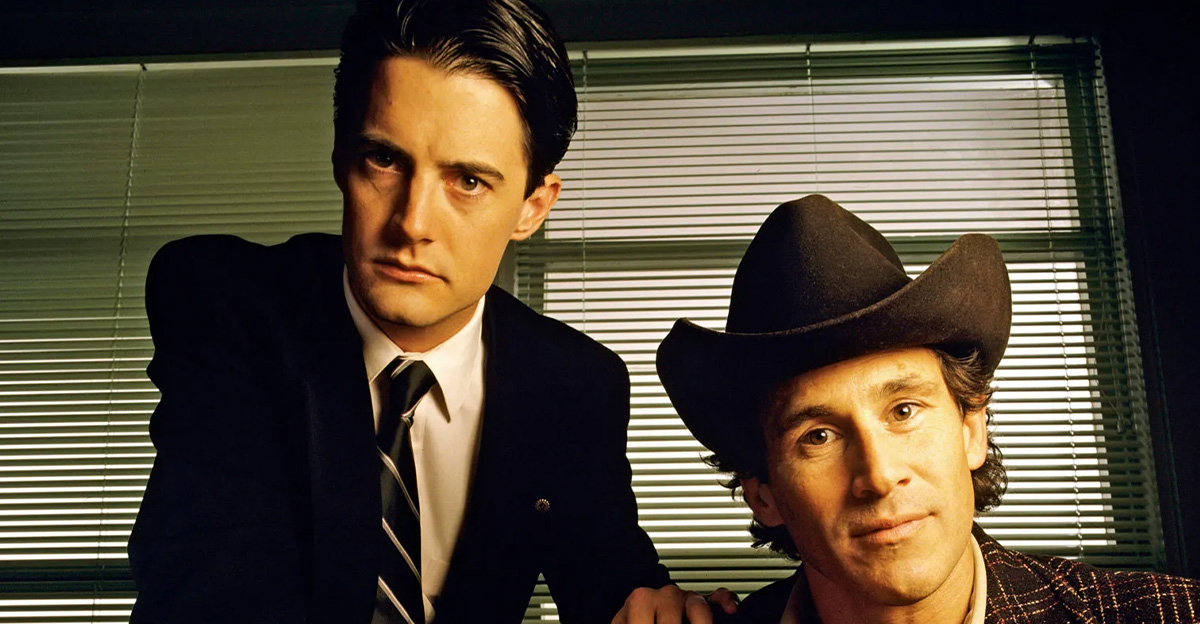
Firefly: A Space Western Too Soon
When Firefly premiered in 2002, it mixed sci-fi, western grit, and witty ensemble banter in a way TV had never really seen. Unfortunately, Fox didn’t know what to do with it—airing episodes out of order and pulling the plug after just 11 aired. What fans saw as groundbreaking world-building and genre-bending brilliance, executives saw as ratings trouble. Ironically, it’s now one of the most beloved cult shows in TV history.
Freaks And Geeks: Too Real For Primetime
Judd Apatow’s Freaks and Geeks wasn’t packed with glossy high-school clichés. Instead, it gave audiences painfully authentic teenagers, awkward humor, and relatable growing pains. But in 1999, networks were looking for glossy teen soaps, not raw realism. The show lasted only one season—but its cast (Seth Rogen, Linda Cardellini, James Franco, Jason Segel) went on to rule Hollywood.
 National Broadcasting Company, Freaks and Geeks (1999-2000)
National Broadcasting Company, Freaks and Geeks (1999-2000)
My So-Called Life: A Teen Voice That TV Ignored
Claire Danes’ breakout role as Angela Chase made My So-Called Life an emotional gut-punch. It tackled sexuality, identity, and mental health in 1994—long before TV was ready for that level of honesty about adolescence. Critics adored it, but ABC canceled after just one season. Ironically, its themes feel more relevant now than ever.
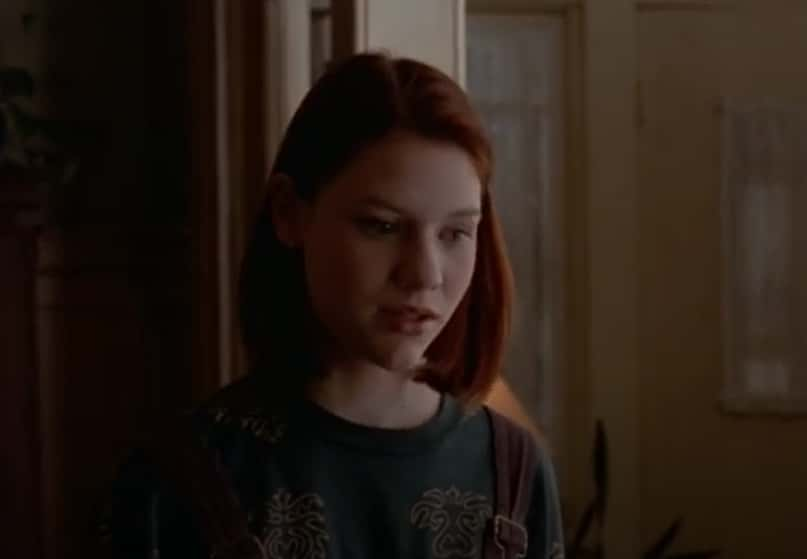 ABC, My So-Called Life(1994-1995)
ABC, My So-Called Life(1994-1995)
Dead Like Me: Dark Comedy With Bite
Bryan Fuller’s Dead Like Me followed a young woman who dies and becomes a grim reaper, complete with biting humor and bleak insight into mortality. In 2003, this blend of black comedy and existential philosophy baffled networks. Audiences didn’t know whether to laugh, cry, or both. Today, shows like The Good Place owe it a creative debt.
Arrested Development: Too Smart For Its Own Good
When it debuted in 2003, Arrested Development was a layered satire filled with blink-and-you’ll-miss-it jokes and absurd callbacks. Critics raved, but mainstream audiences never caught on. Its complex humor required attention in a time when “easy laughs” ruled TV. Though canceled after three seasons, it later revived and influenced modern sitcoms.
 20th Television / Netflix, Arrested Development (2003–2006, 2013–2019)
20th Television / Netflix, Arrested Development (2003–2006, 2013–2019)
Pushing Daisies: A Fairy Tale Cut Short
With its candy-colored visuals and whimsical murder mysteries, Pushing Daisies looked like nothing else on TV. Premiering in 2007, it was essentially a live-action storybook. Unfortunately, the 2007–2008 writers’ strike disrupted its momentum, and ABC canceled it after two seasons. Still, it remains one of the most unique love stories in TV history.
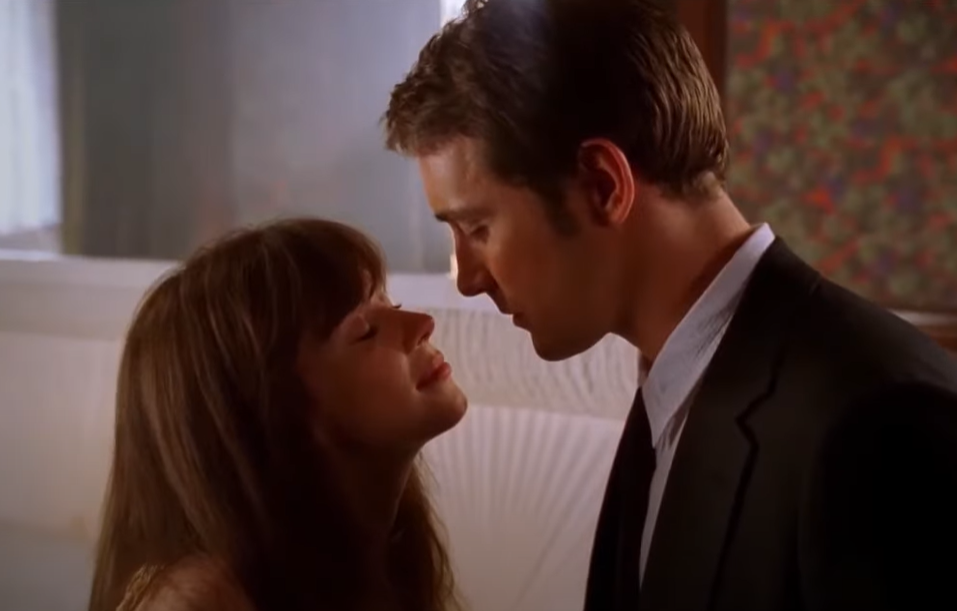 ABC, Pushing Daisies (2007-2009)
ABC, Pushing Daisies (2007-2009)
Twin Peaks: Too Strange For Network TV
David Lynch’s Twin Peaks was unlike anything that came before it. Quirky, unsettling, and surreal, it captivated audiences in 1990. But as the show leaned deeper into Lynchian weirdness, casual viewers fled. Network execs panicked and canceled it after two seasons. Today, it’s revered as a masterpiece that opened the door for prestige TV.
Firebrand News: The Colbert Report Before Colbert
That Was The Week That Was, an early ’60s satirical news show, skewered politics decades before Jon Stewart and Stephen Colbert made it trendy. Too biting for its time, it was yanked after just one season in the U.S. Its DNA lives on in every sharp late-night political comedy today.
 BBC, That Was The Week That Was (1960)
BBC, That Was The Week That Was (1960)
The Comeback: Painfully Real Hollywood Satire
Lisa Kudrow’s The Comeback (2005) was a meta, cringe-inducing mockumentary about a faded sitcom star desperate for relevance. Audiences expecting Friends-style laughs weren’t ready for its uncomfortably honest take on fame. Critics later hailed it as prophetic, especially in the age of reality TV and influencer culture.
Terriers: Brilliant But Poorly Marketed
Terriers (2010) combined noir detective work with heartfelt bromance and whip-smart writing. Critics adored it. The problem? The title and marketing told audiences nothing about what the show was. Many didn’t even know it existed, and it was canceled after one season. In hindsight, it’s one of TV’s biggest “what could have been” moments.
 20th Century Fox Television, Terriers (2010)
20th Century Fox Television, Terriers (2010)
Party Down: Comedy For The Underdogs
This 2009 comedy about struggling actors working as caterers delivered razor-sharp satire of Hollywood’s bottom rung. But Starz wasn’t exactly a household name back then, and audiences never found it. Canceled after two seasons, it has since earned cult devotion—and even got a long-delayed revival in 2023.
Wonderfalls: Quirky Before Quirky Was Cool
Another Bryan Fuller creation, Wonderfalls (2004), followed a snarky woman whose life is disrupted when inanimate objects start talking to her. Sharp, weird, and heartfelt—it was exactly the kind of show that now thrives on streaming. Instead, Fox pulled it after just four episodes. Fans still call it “too good for TV.”
Carnivàle: Prestige Before Prestige TV
HBO’s Carnivàle (2003–2005) was a haunting Depression-era fantasy steeped in mysticism, biblical allegory, and slow-burn storytelling. Audiences were baffled, ratings lagged, and HBO axed it after two seasons. Today, in the post-Game of Thrones era, it might have thrived as a long-form epic.
The Middleman: Nerd Gold Before Nerd Culture Exploded
Based on a comic series, The Middleman (2008) was a campy, witty adventure about a young artist recruited by a secret agency to fight comic-book-style villains. Its mix of geek references and fast-paced banter was perfect for today’s Marvel-saturated landscape. Back then? Nobody was watching. It was canceled after 12 episodes.
 ABC Family, The Middleman (2008)
ABC Family, The Middleman (2008)
Better Off Ted: Corporate Satire Too Niche
This 2009 sitcom skewered corporate culture with absurdist humor and deadpan wit. It was clever, sharp, and unlike anything else on network TV. Unfortunately, that also made it tough to market. After two seasons, ABC pulled the plug. Its biting humor feels more relevant now than ever.
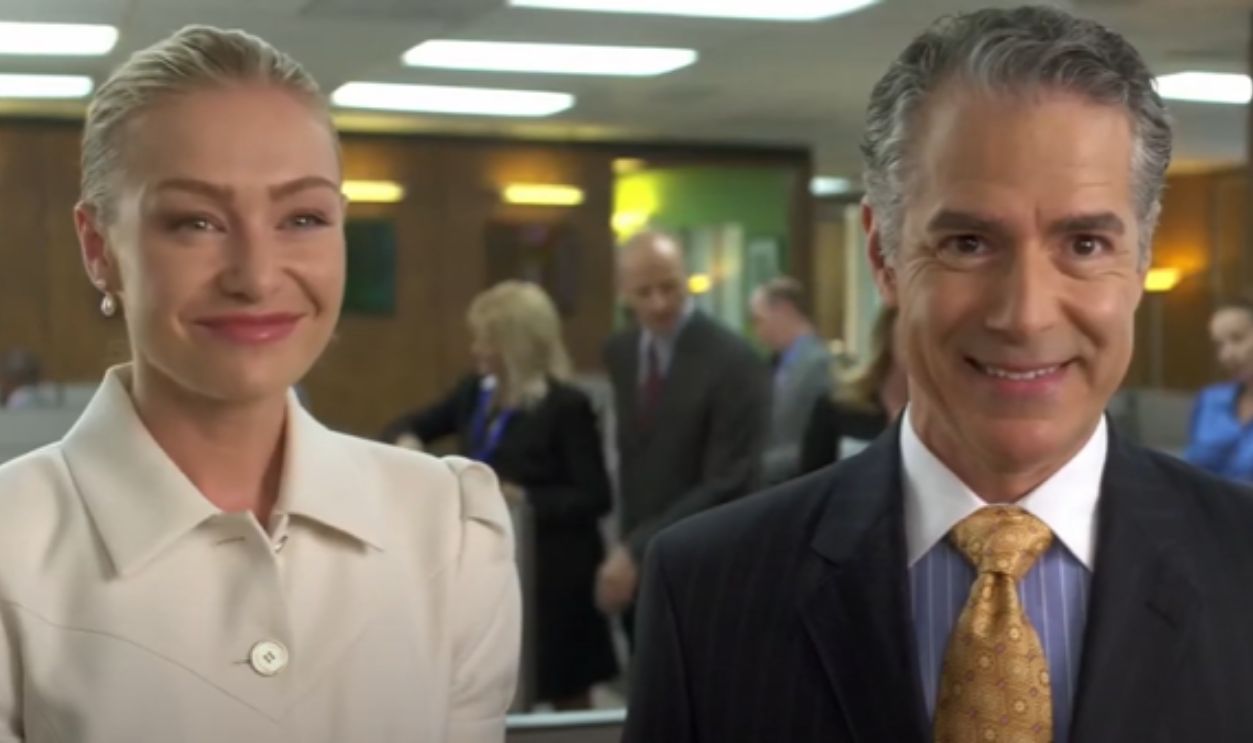 ABC, Better Off Ted (2009–2010)
ABC, Better Off Ted (2009–2010)
Enlightened: A Show We Didn’t Deserve
Laura Dern’s Enlightened (2011–2013) was about a woman’s spiritual awakening after a public breakdown—equal parts satire and sincerity. Critics adored it, but audiences couldn’t quite pin down its tone. Canceled after two seasons, it’s now hailed as a quietly brilliant forerunner of dramedy hits like Fleabag.
Profit: Too Dark For The ’90s
Long before antiheroes like Tony Soprano and Walter White, Fox tried out Jim Profit in 1996—a manipulative, sociopathic businessman who would do anything to get ahead. Audiences weren’t ready for such an unlikable lead. The show was canceled after just four episodes, but critics later recognized it as a pioneer.
Happy Endings: The Sitcom That Couldn’t Catch A Break
ABC’s Happy Endings (2011–2013) had razor-sharp writing, a lovable ensemble cast, and rapid-fire jokes that rivaled Friends or New Girl. Unfortunately, network schedule shuffling killed its momentum. Fans still campaign for a revival, and many consider it one of the funniest sitcoms of the 2010s.
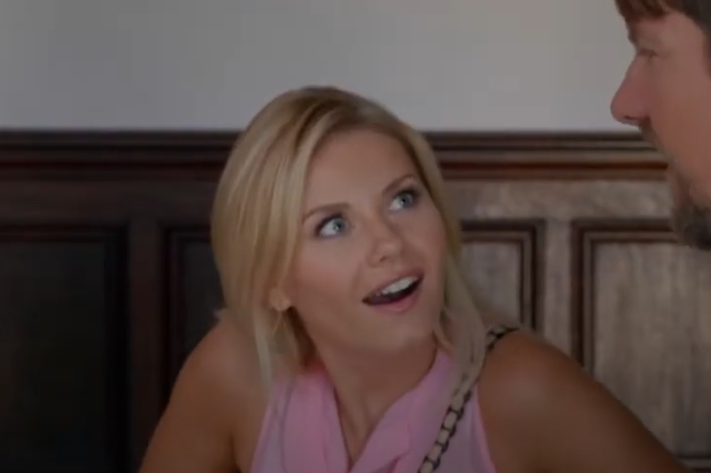 Fan Fare, Happy Endings (2011-2013)
Fan Fare, Happy Endings (2011-2013)
Almost Human: Sci-Fi Too Expensive To Last
Starring Karl Urban and Michael Ealy, this 2013 series imagined a future where human cops were paired with android partners. It explored questions of AI, ethics, and humanity—years before those conversations went mainstream. Sadly, its high production costs and muddled scheduling doomed it to one season.
Visionaries, Cancelled Too Soon
From space westerns to fairy-tale murder mysteries, these shows pushed boundaries that audiences—or networks—weren’t ready for. Many found second lives through streaming, cult fandom, or critical reevaluation. The pattern is clear: being ahead of your time can come with a steep price. But for fans, these short-lived gems remind us that sometimes the best art is the stuff that burns brightest—and fastest.
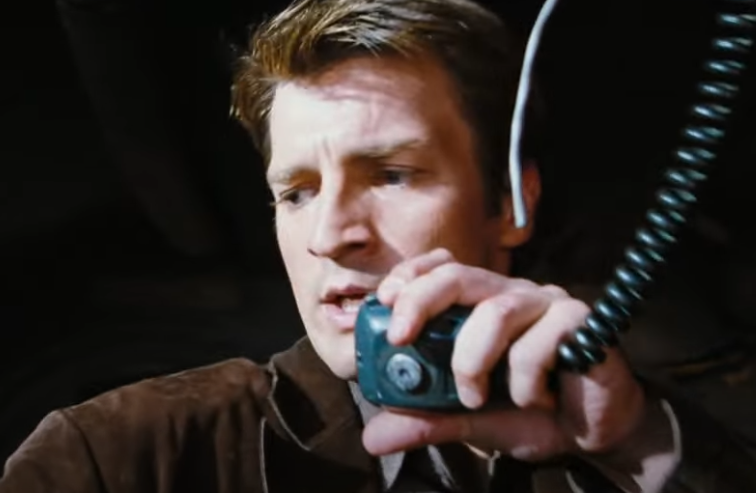 Twentieth Century, Firefly (2002–2003)
Twentieth Century, Firefly (2002–2003)
You May Also Like:
Movie Stars Who Left The Business & Found Something Better
Guitar Legend Randy Rhoades Didn't Deserve His Tragic Fate

